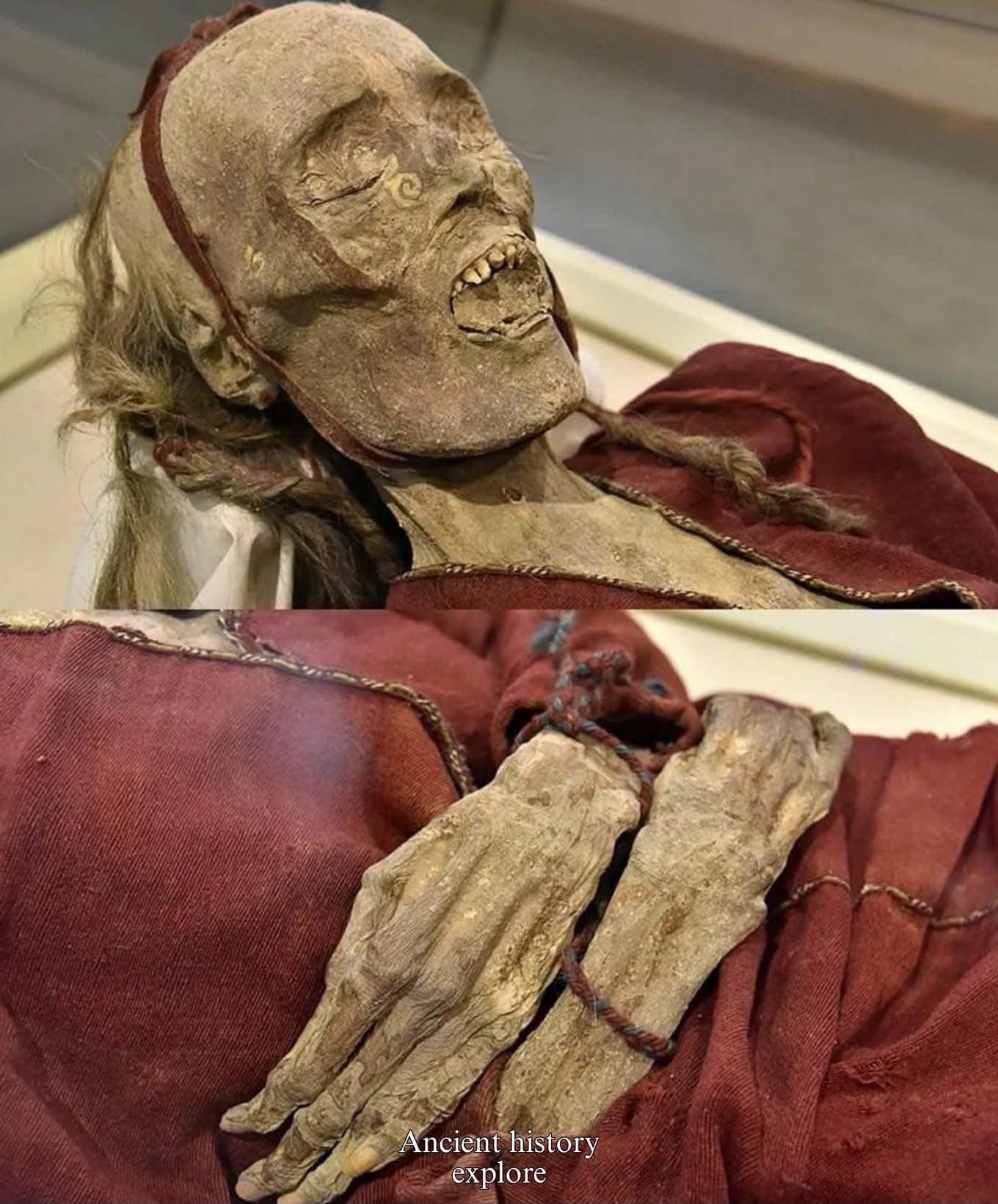Unveiling England’s Roots: Genetic Evidence of Anglo-Saxon Legacy in Modern Populations

Recent genetic studies of ancient British skeletons have revealed significant insights into the ancestry of modern English populations, suggesting that approximately one-third of the genetic makeup of contemporary English people can be traced back to Anglo-Saxon origins. This research, led by Duncan Sayer from the University of Central Lancashire, highlights the complex tapestry of migration and settlement that has shaped the genetic landscape of England over the centuries.
The study involved analyzing DNA samples from skeletal remains dating back to the Anglo-Saxon period, which spanned from the 5th to the 11th centuries. This era was marked by the arrival of Germanic tribes, including the Angles, Saxons, and Jutes, who migrated to Britain following the decline of Roman rule. The genetic evidence indicates that these groups contributed significantly to the gene pool of the population, alongside earlier inhabitants and subsequent waves of migration.
Researchers utilized advanced genomic techniques to compare ancient DNA with that of modern populations. The findings suggest that the Anglo-Saxon migration had a lasting impact on the genetic structure of the English population, with about 30% of the ancestry of modern English individuals linked to these early settlers. This challenges previous assumptions that the genetic influence of the Anglo-Saxons was minimal or largely diluted over time.
The implications of this research extend beyond genetics, as it also informs our understanding of cultural and social dynamics during the Anglo-Saxon period. The integration of Anglo-Saxon culture, language, and governance played a crucial role in shaping the identity of England, and the genetic evidence supports the notion of a significant and lasting legacy from this period.
Overall, this study underscores the importance of interdisciplinary approaches in archaeology and genetics, providing a clearer picture of how historical migrations have influenced contemporary populations. As researchers continue to explore the genetic history of Britain, further discoveries may shed light on the intricate relationships between ancient peoples and the development of modern identities.